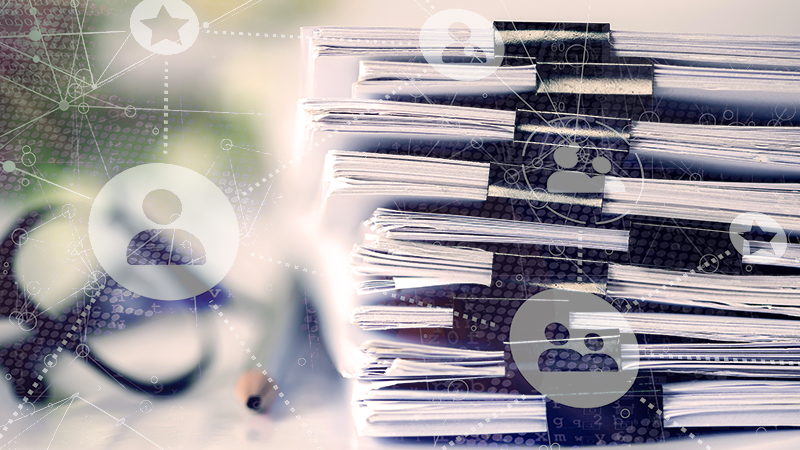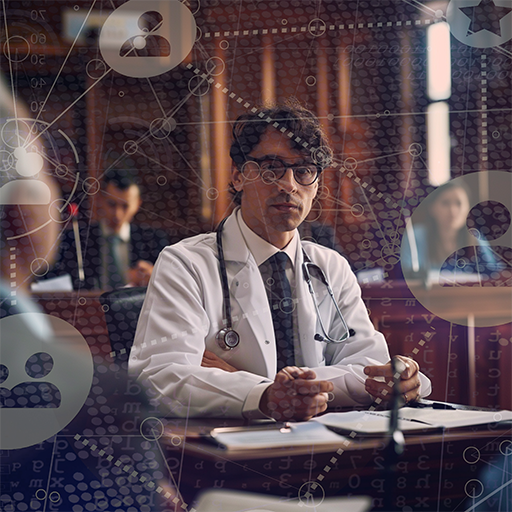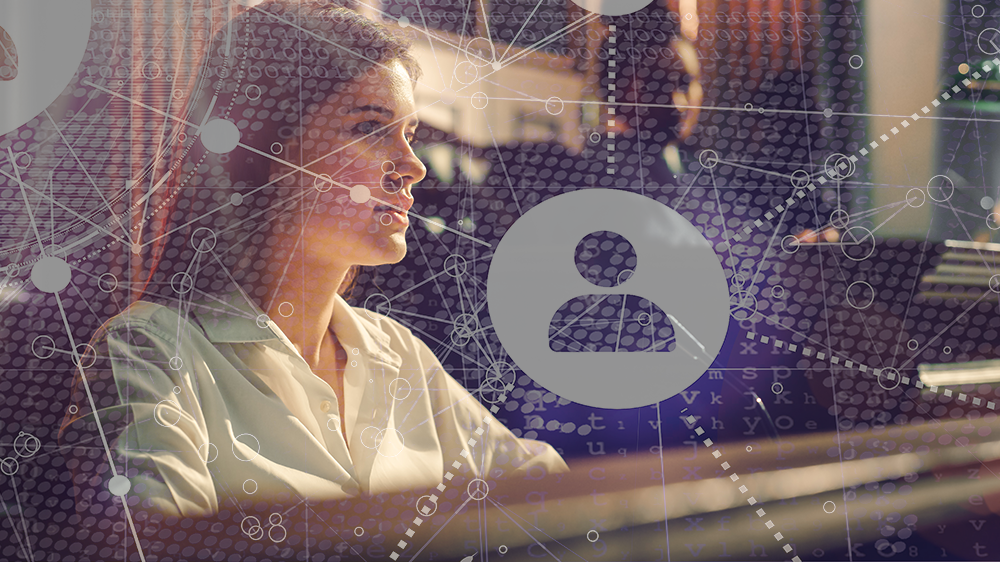Introduction
The Importance of Expert Witnesses
Expert witnesses play a pivotal role in the outcome of legal battles. Their specialized knowledge clarifies complex matters, making them indispensable in court. Specialist testimony often determines the verdict in cases involving technical or scientific issues. Experts help judges and juries understand complicated topics, making their testimony crucial to the legal process.
Objective
So, how do you find the expert for you? With over thirty years of experience helping attorneys find and work with experts across the United States, we’ve learned a thing or two about the process.
1. Selecting the Right Expert Witness
We work with attorneys and experts. Most inquiries start with a dive into our database of over 15,000 experts. Reach out for assistance finding the Right Expert Right Away and maximize the impact of expert testimony.
Specialization and Relevance
It is crucial to choose an expert witness with the right specialization. Their background should align directly with the specifics of the case. Our case managers can help provide expert profiles.
Investigate Credentials
The expert’s credentials are vital to establishing credibility. We start by requesting a detailed resume and references. Cross-reference the expert’s educational background, professional licenses, and certifications with reliable sources. Review their published works to gauge their standing in the field. Checking for past ethical violations or professional misconduct can further assure the expert’s reliability.
Verify History and Reputation
To ensure the impact of the expert is credible, attorneys should examine their testimony history. Review transcripts from previous cases and check for any Daubert challenges, noting how courts ruled on their admissibility. Inquiring about the expert’s performance in past trials and seeking feedback from other attorneys can also provide valuable insights. Finally, confirm that no conflicts of interest could disqualify the expert.
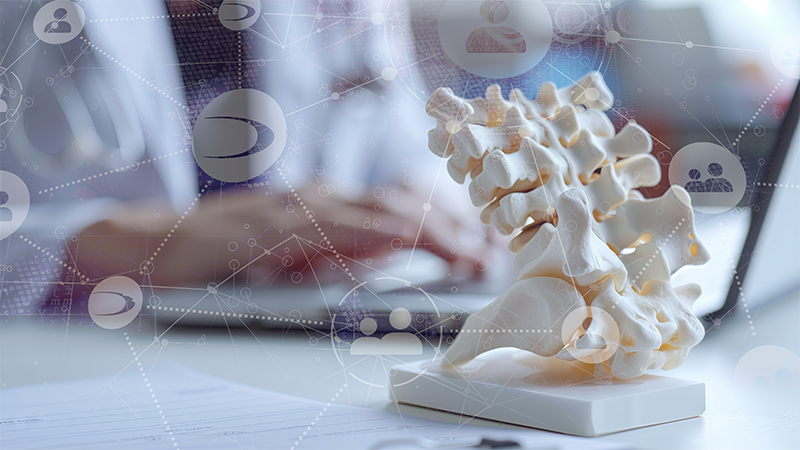
2. Thorough Preparation with the Expert Witness
Understanding Case Details
An expert witness must be fully briefed on all relevant aspects of the case. However, it is essential to avoid sharing confidential or privileged information that could lead to disqualification. Instead, provide non-privileged case documents, deposition transcripts, and publicly available information. Have in-depth conversations with the expert to explain key facts, legal issues, and the arguments of both sides.
Clear Communication
Effective communication ensures that the expert can present their testimony clearly and persuasively. Discuss the legal standards and burdens of proof applicable to the case, ensuring the expert understands how their opinions relate to these elements. Use hypothetical scenarios to explore key case facts without relying on privileged information. This approach helps the expert articulate their views clearly and effectively during testimony.
Mock Testimony and Cross-Examination Preparation
Mock testimony sessions can significantly benefit both the expert and the attorney. These sessions familiarize the expert with the courtroom setting and refine their delivery. Additionally, they provide an opportunity to rehearse responses to challenging questions, helping the expert stay composed and credible under cross-examination. Regular updates on new developments and potential objections are crucial for the expert’s preparedness.
3. Crafting a Persuasive Testimony
Structure of Testimony
A well-structured testimony is essential for keeping the judge and jury engaged. Work with your expert to develop a logical, concise, and compelling testimony. Start with the most critical points and build the narrative from there. The testimony should clearly outline the expert’s conclusions and reasoning, ensuring it aligns with the overall case strategy.
Visual Aids and Demonstratives
Visual aids can significantly enhance the impact of expert testimony. Begin with familiar images and gradually introduce more complex visuals to help jurors understand technical information. Use color, explanatory text boxes, and sequential reveals to highlight key data points. Ensure these visuals complement the expert’s verbal testimony, creating a cohesive and persuasive presentation.
Anticipating Cross-Examination
Preparation for cross-examination is essential. Anticipate potential challenges and rehearse responses with the expert. The expert should be ready to defend their opinions confidently and maintain credibility, even under intense scrutiny. Practicing responses to likely questions can help the expert stay calm and composed.
4. Effective Presentation in Court
Non-Verbal Communication
Non-verbal communication is a powerful tool in establishing an expert witness’s authority and trustworthiness. Encourage the expert to maintain eye contact with the jury, use confident gestures, and project an authoritative demeanor. Gestures should be natural, open, and upright and relaxed. These non-verbal cues can significantly enhance the expert’s credibility and make their testimony persuasive.
Timing and Pacing
The timing of an expert’s testimony can influence its impact. Coordinate with the expert to ensure their testimony is delivered at a strategic point in the trial. Complex or technical testimony may be more effective earlier in the day when jurors are more attentive. Proper pacing during testimony is also important; the expert should speak clearly and at a measured pace, allowing the jury to absorb the information.
Real-Time Collaboration and Handling Unexpected Issues
Maintaining clear communication with the expert during the trial is crucial. Establish clear protocols for communication to support the expert during testimony. Provide real-time guidance to handle unexpected questions or objections. Regular debriefings during trial breaks can help address any issues.
5. Post-Testimony Review
Debriefing Session
After the testimony, please consider a debriefing session with the expert. Review their performance and discuss what went well and areas for improvement. This feedback is valuable for future cases and helps the expert refine their skills.
Conclusion
Selecting the right expert witness, thorough preparation, and strategic presentation are crucial for maximizing the impact of expert testimony. Each step, from choosing an expert whose specialization aligns with the case to conducting a post-testimony review, plays a vital role in the effectiveness of the testimony. We’re happy to do the legwork. Reach out today!
Read more from others:
- Arizona Attorney Magazine | The Expert Witness Guide
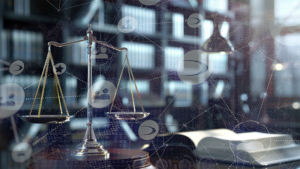
Are you an Attorney?
We’re here to help! Let us connect you with qualified professionals who are available for depositions and testimonies. Our database includes over 15,000 experts with a wide range of specialties. Reach out today to fast-track your search for an expert witness.
Are you an expert?
Join a thriving community of over 15,000 experts at Expertinfo.com, where your knowledge is valued and your expertise makes a difference. With 40 years of experience in connecting experts like you with attorneys who need your specialized skills, we’re dedicated to facilitating successful collaborations. Don’t miss the opportunity to impact critical legal cases and expand your professional network. Reach out today and become part of our extensive database of leading experts. Your expertise isn’t just needed—it’s essential. Connect with us now and start making a difference!

